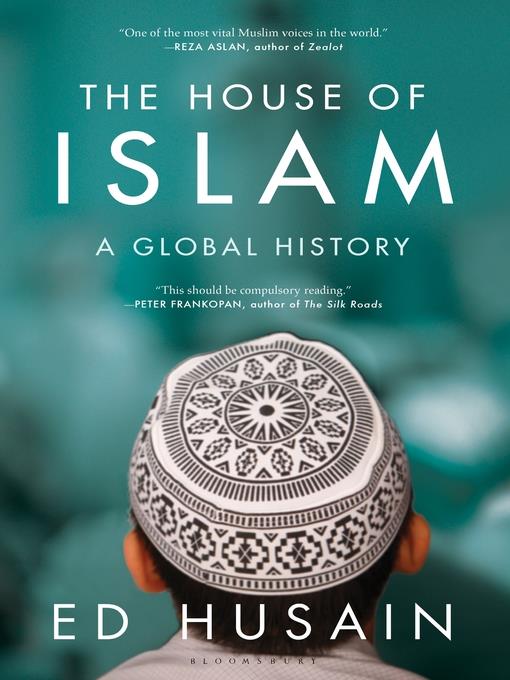
The House of Islam
A Global History
کتاب های مرتبط
- اطلاعات
- نقد و بررسی
- دیدگاه کاربران
نقد و بررسی

May 14, 2018
In this lucid work, Husain, scholar of religion and adjunct senior fellow for Middle Eastern studies at the Council on Foreign Relations, gives an overview of the history, theology, and social mores of Islam. Covering an impressive amount of detail in a short span, he efficiently lays out the historical context of modern Islamic sects before providing a trenchant analysis of contemporary issues. The majority of the book covers much of the same material as other basic introductions to Islam: a biography of the prophet Mohammed, an explanation of the divide between Sunni and Shi’a, an overview of the status of women, a synopsis of Islamic education systems, and a discussion of perspectives on Judaism. Husain’s unique contribution is coverage of the internal diversity of Islam (both historically and around the world today) that is often obscured from Western eyes. In outlining Sufism and other schools of interpretation, Husain contrasts the pluralism practiced in Muslim societies of the past with the stance of modern fundamentalists, masterfully explaining how this transition toward isolationism occurred over time. By explaining the contours of global Islam, Husain ends up making a strong case against Koranic textual literalism that readers of all backgrounds will appreciate.

May 15, 2018
An adherent's view of Islam, a religion too easily hijacked for ill political purposes.London-based Husain (The Islamist: Why I Became an Islamic Fundamentalist, What I Saw Inside, and Why I Left, 2009, etc.), a former member of radical Islam who co-founded Quilliam, a counter-extremism think tank in Britain, has lived and studied in Muslim communities in Syria and Saudi Arabia, where he was stunned to meet young people who "actually celebrated the misfortunes of the West." This book is a response of sorts. The author writes, sometimes insistently, on what Islam is: a religion that recognizes one God and one prophet--along with holy people common to the Judeo-Christian Bible--while prescribing and proscribing many kinds of behaviors in daily life. All but one book of the Quran, he writes, begin with the formula "In the name of God, the most compassionate, the most merciful," which, he holds, "is intended to reflect in the behavior of the believer." Shias and Sunnis, he adds, disagree on many things but hold one Quran to be sacred. Husain offers a careful explication of Sharia justice, which, he holds, "is far more complex and constructive than mere binary prohibitions and permissions"; followed in good faith, it is a systematizing program for ethical behavior. Against those who would take the Quran and Sharia to legitimate violence against non-Muslim people, Husain claims that they have no doctrinal justification. He rails against the kind of fundamentalism that allowed Saudi schoolgirls to burn to death in a fire because they were not wearing headscarves and robes, an act, he holds, that means that the first tenet of Sharia, "preservation of life," had been violated. The author argues that mainstream Islam must isolate and denounce its enemies from within if it is to successfully resist outside accusations that it is inherently a religion of violence and terrorism.A welcome introduction to a faith too little understood by those outside of it.
COPYRIGHT(2018) Kirkus Reviews, ALL RIGHTS RESERVED.

























دیدگاه کاربران